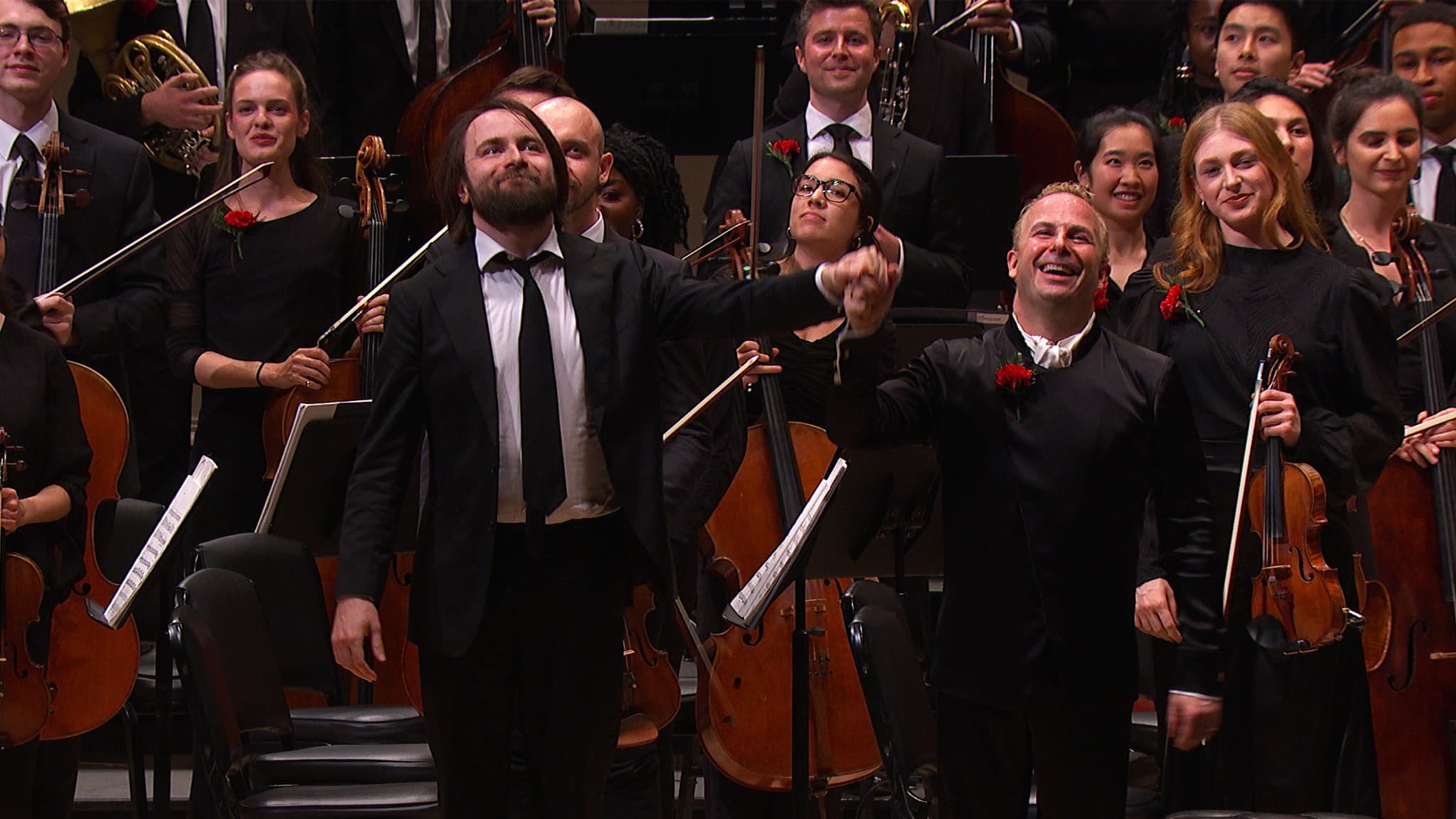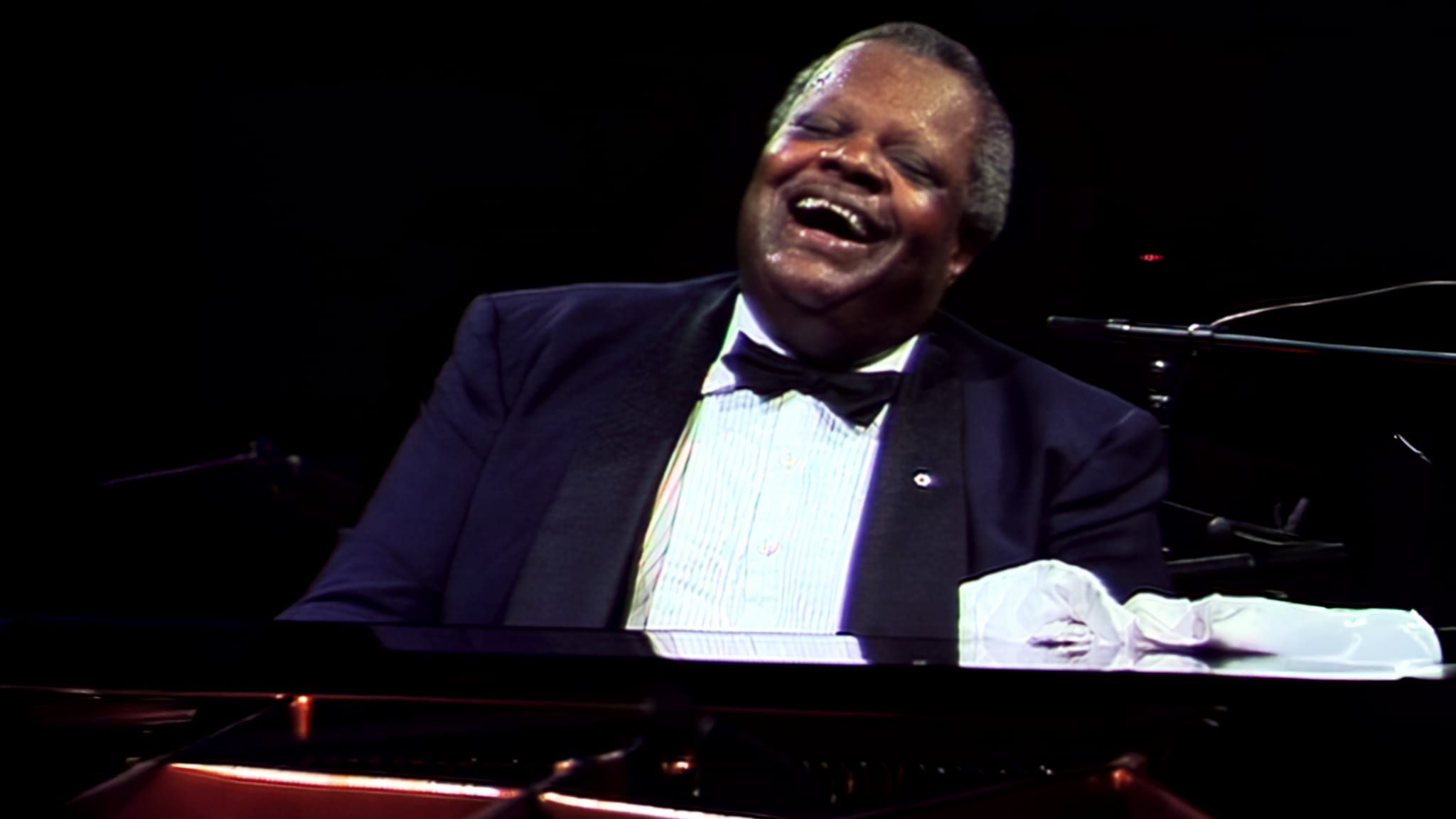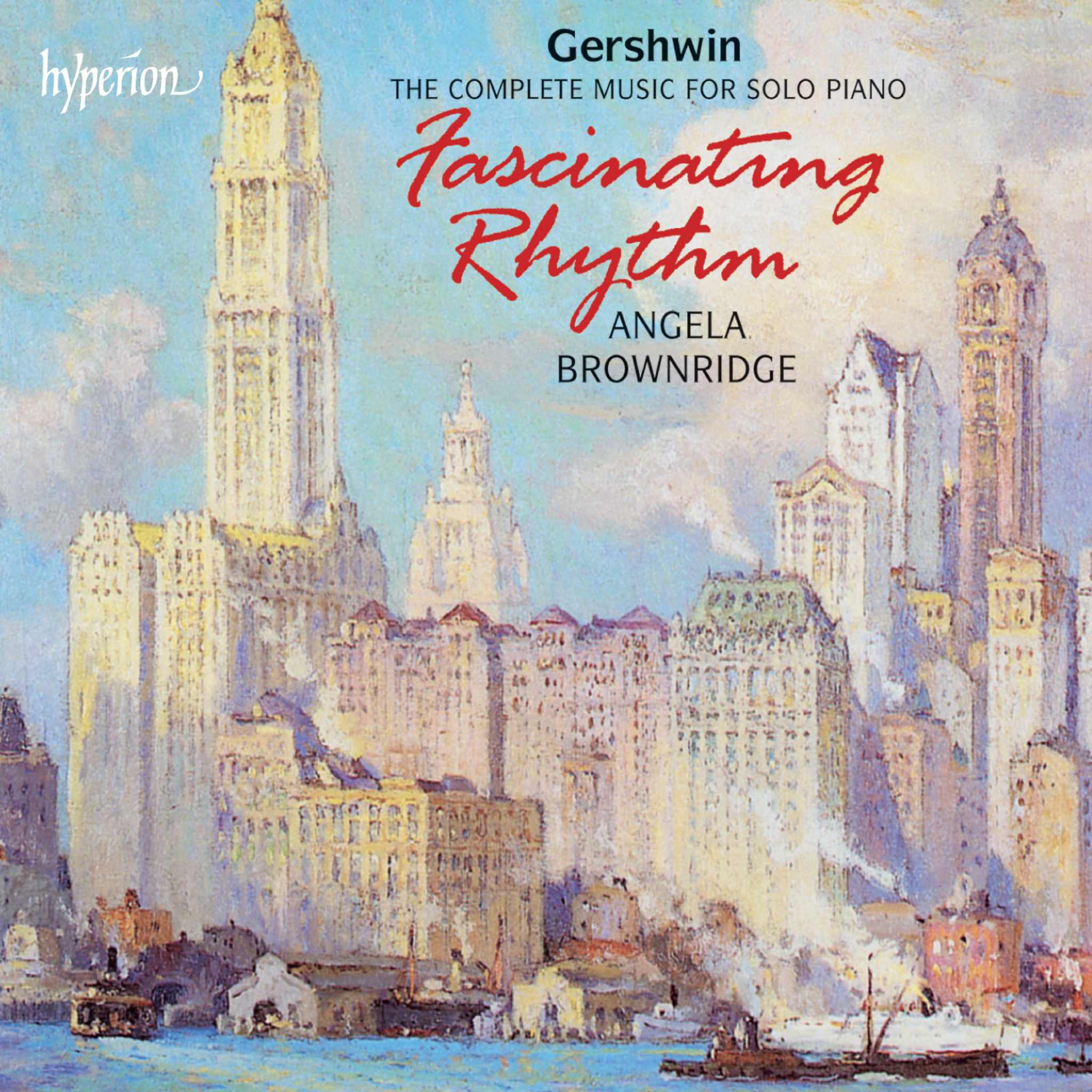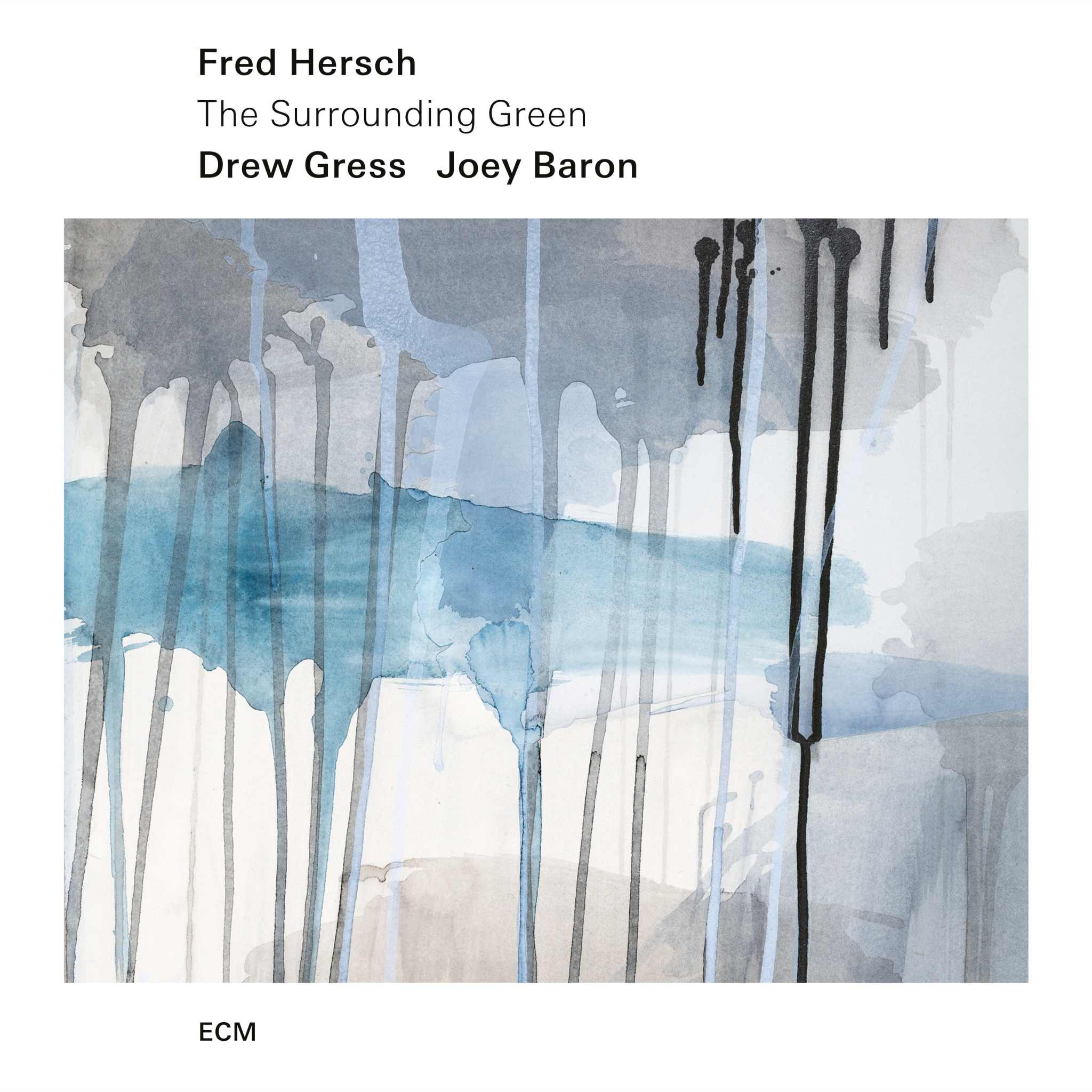George Gershwin: A Legacy of Musical Brilliance
Born to Russian immigrant parents in Manhattan's lower east side, George Gershwin discovered his musical talents abruptly in 1910, when his family came into possession of a piano. Gifted as an improviser, he was hesitant about formal music education, fearing it would limit his creativity. Instead, he found his creative outlet through songwriting, partnering with his brother, Ira, to create over 500 songs.
The Musical Journey of George Gershwin
Gershwin was just 21 when he gained his first major success with Swanee, as performed by Al Jolson. But, he didn't stop there: Gershwin masterfully crafted a string of Broadway hits that ensured his place within the music industry. However, desiring to move beyond popularity, Gershwin next turned his talents toward "classical" symphony orchestras. His works - Rhapsody in Blue, An American in Paris, his Piano Concerto in F, and his Cuban Overture - were received enthusiastically. Despite his success, there were those who failed to take his work seriously in the classical realm.
Fascinating Works by George Gershwin
George Gershwin was a versatile American composer and pianist known for his unique blend of jazz, ragtime, blues, and classical music. His works have been celebrated both in popular and classical music circles, with many becoming enduring standards. These include his iconic Rhapsody in Blue, which combines jazz rhythms with classical orchestration, and An American in Paris, a piece that captures the essence of American expatriate life in Paris during the 1920s. His opera, Porgy and Bess, often referred to as a "folk opera," includes the famous song "Summertime," which has become a jazz standard, covered by numerous artists over the years. His Piano Concerto in F is another example of Gershwin's ability to merge jazz with classical music, featuring a lively and energetic piano part.
Career and Style
Nevertheless, Gershwin uniquely blended elements of jazz, ragtime, blues, and classical European music in his compositions. In fact, he innovatively borrowed various auditory effects from Liszt, Debussy, and Ravel. His "folk opera," Porgy and Bess, first staged in New York in 1935, has since been performed in major opera houses worldwide, introducing Gershwin's genius to an ever wider audience. Immerse yourself in the unique sounds of George Gershwin, a timeless artist who defied the limits of traditional music genres and continues to inspire audiences worldwide.























